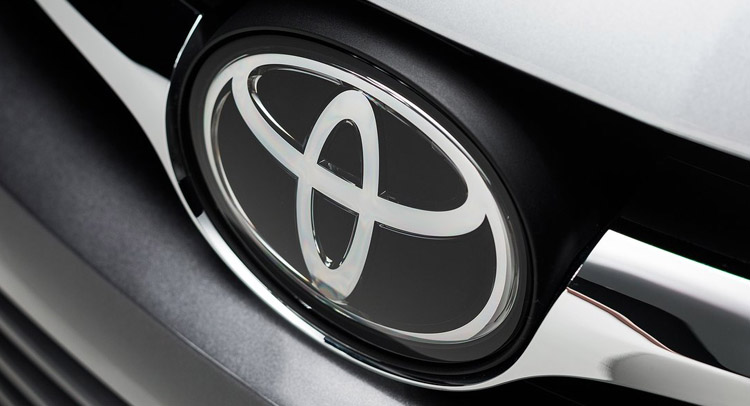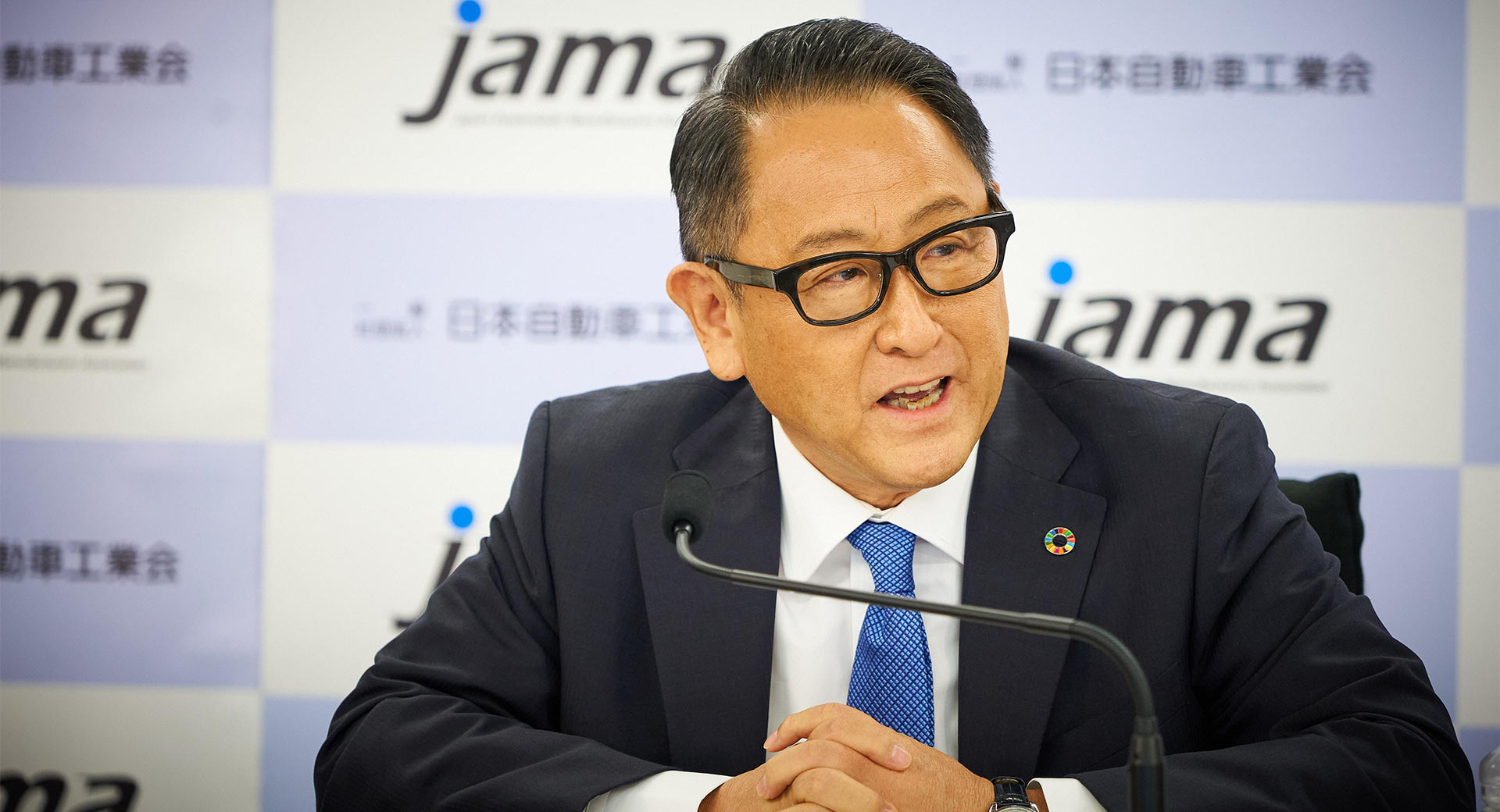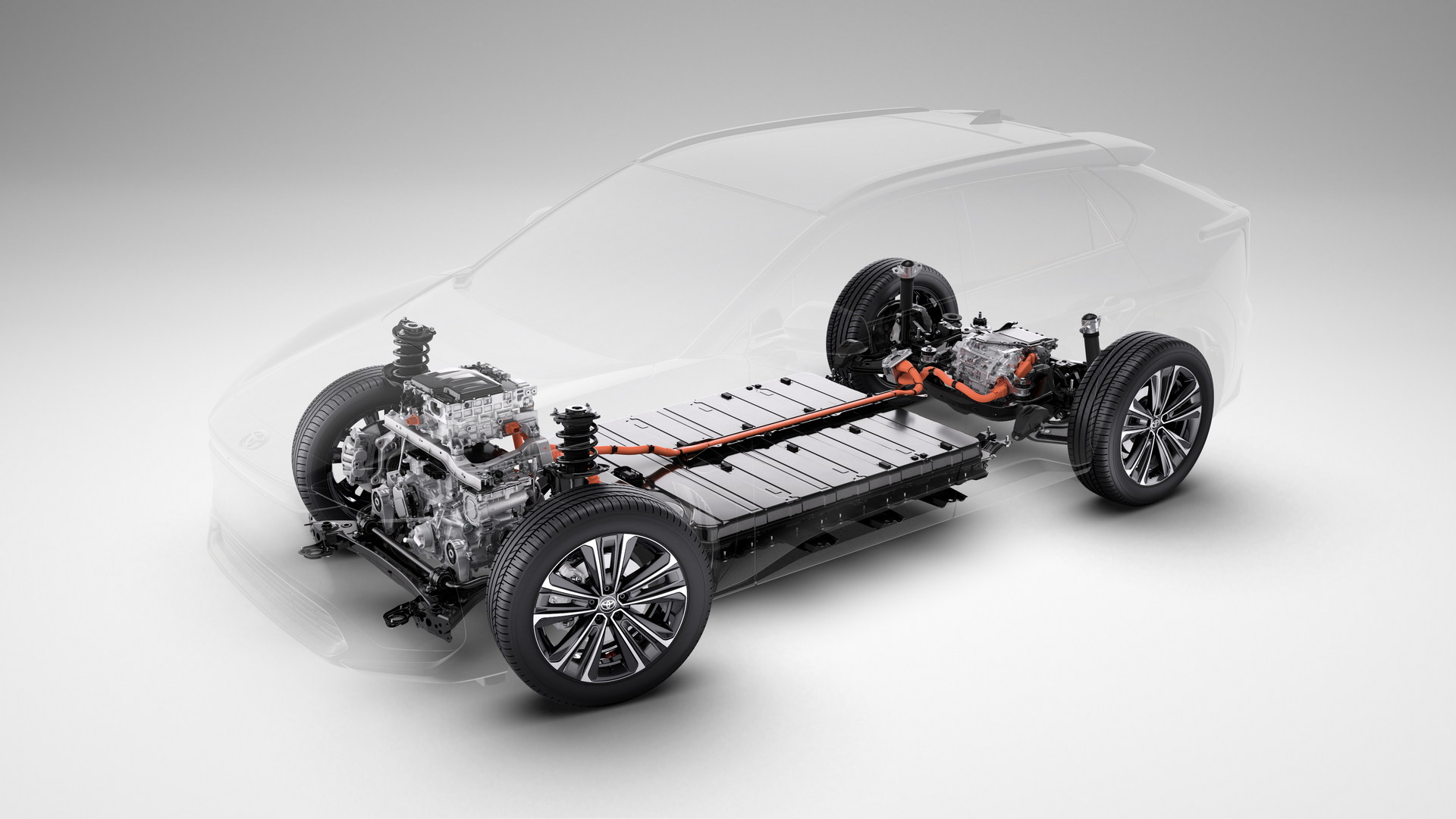Toyota has been named the third most obstructive organization for lobbying governments that set climate policies. Two of the largest oil companies, ExxonMobil and Chevron, were named the top two most obstructive.
The report by InfluenceMap, which was investigating corporations and climate change lobbying tactics, ranked Toyota as the worst carmaker on their list. Other automakers name-checked were BMW (18th), Daimler (24th), and Hyundai (25th).
“The corporate playbook for holding back climate policy has come a long way from science denialism but it is every bit as damaging,” Ed Collins, a director at InfluenceMap told The Guardian. “What we are seeing is not limited to efforts to undermine regulations directly. It also involves prolific and highly sophisticated narrative capture techniques, leading governments down incredibly dangerous paths.”
This is not the first time Toyota has been singled out for its lobbying tactics. According to an earlier report by The New York Times, the Japanese automaker campaigned congressional leaders behind closed doors to push back on the Biden administration’s plans to accelerate EV adoption. The Japanese company has also stagnated in EPA figures, which show that the brand’s overall fuel economy figures are now in the bottom tier of economy ratings.
Read: Toyota Lobbied US Lawmakers Against EVs; Is It Time They Changed Their Stance?
In 2020, a watchdog for campaign contributions found that Toyota was the largest corporate donor by far this year to Republicans in Congress who disputed the 2020 presidential election result. Many of these politicians had also been identified as questioning the scientific basis for climate change.
Back in Japan, Toyota’s Chairman, Akio Toyoda, claimed Japan would run out of electricity in the summer if all vehicles were electric. He added that the infrastructure needed to support a complete transition to EVs would cost the country the equivalent of $135 billion to $358 billion. And in India, executives attached to the brand decried the country’s target of going all-EV by 2030.
Toyota has long argued that PHEVs and hydrogen tech may offer better long-term results in the fight against climate change. The Japanese manufacturer has since revealed their first electric crossover, jointly developed with Subaru. It’s the first of seven fully-electric bZ vehicles expected.






